Israeli shoppers will soon be able to buy freshly harvested produce grown on-site at one of the country’s most prominent supermarket chains. Vertical Field, a company developing smart vertical growing solutions, has signed a multi-million dollar deal to install vertical farms at dozens of Rami Levy branches across the country over the course of five years.
The agreement with Rami Levy was signed after a successful pilot, the parties said. Vertical Field currently has three farms at Rami Levy supermarkets in Ashdod, Bnei Brak, and Modi’in, the company’s CEO Guy Elitzur tells NoCamels.
“We expect to have between 20 to 30 farms across the country during 2021,” he adds.
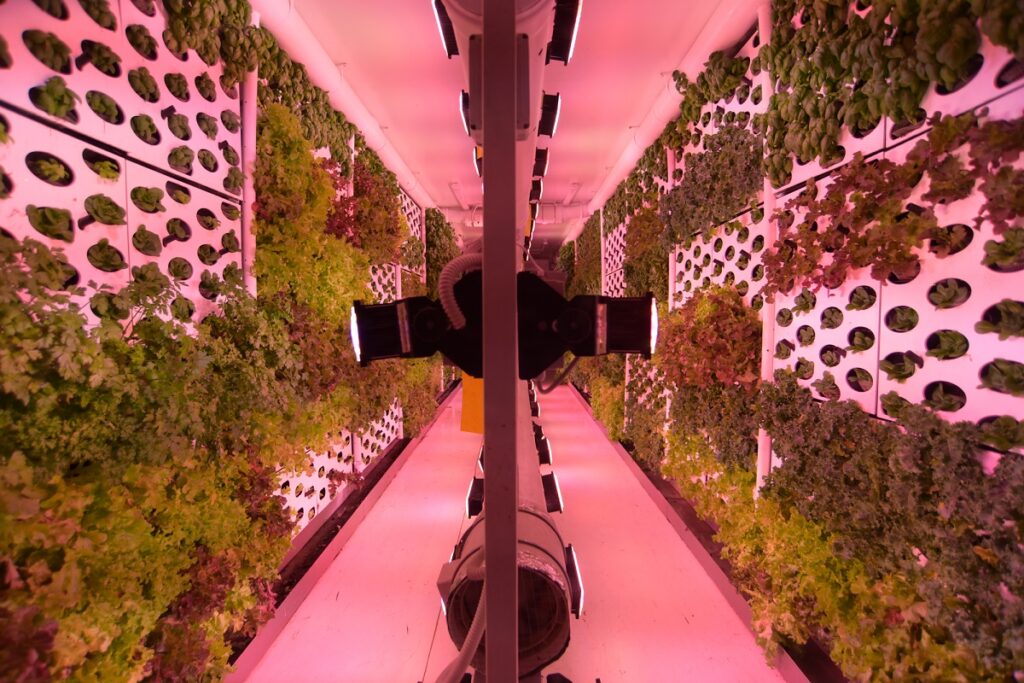
Indoor vertical farms are a method of growing fresh vegetables and other plants in urban environments. Founded in 2006, the Ra’anana-based Vertical Field uses advanced IoT software, embedded sensors, and in-house monitors to ensure plants inside the farm are grown in controlled conditions with no effects from the weather.
Ramy Levy chains will be able to sell lettuce, basil, parsley, kale, and other produce that grows vertically inside Vertical Field’s proprietary soil-based container technology throughout locations across the country.
The produce is chemical-free is grown vertically on the container’s walls through a platform that is uniquely designed for vegetables to flourish indoors and outdoors on a bed of nutrient-rich soil. These plants are nurtured under LED-lighting at optimal levels, while the company’s smart sensors ensure irrigation, fertilizer, and climate control.
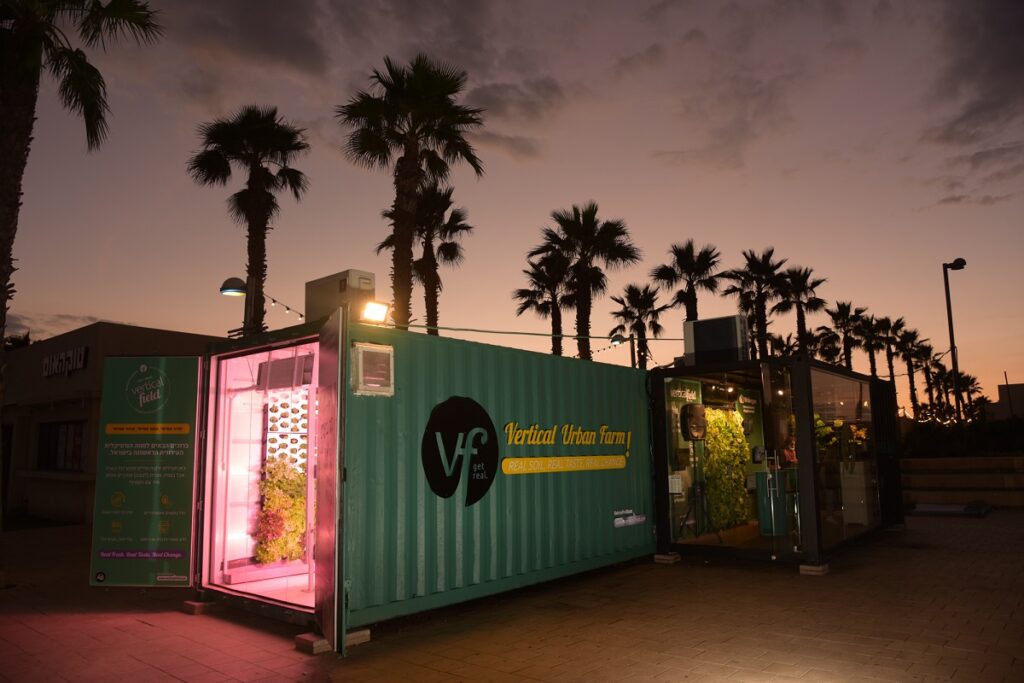
Elitzur says the pilot program with Rami Levy was successful for a few reasons.
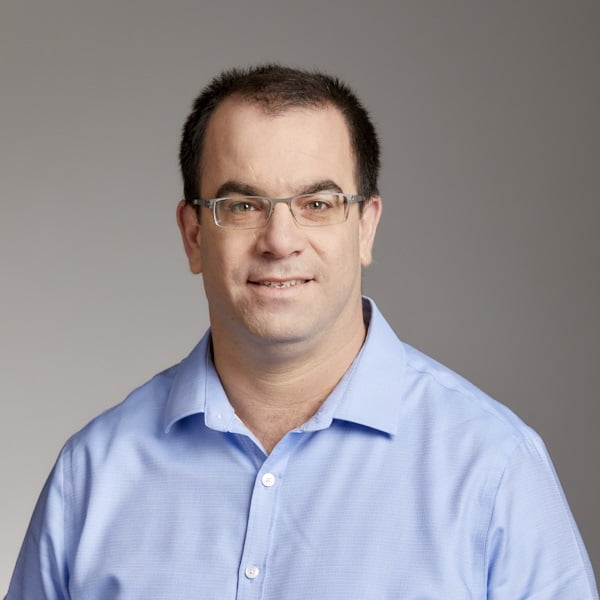
“Rami Levy enjoyed the fact that they could offer an innovative solution to their customer which brings healthy and safe produce with constant supply and increasing traffic,” he says, noting that it’s especially important because many consumers pick their supermarket brand based on which store they believe has the highest quality fruits and vegetables.
Elitzur also says the company “saw repeat visits from customers that enjoyed the taste, texture, and quality of the produce and returned to buy them again.”
SEE ALSO: 10 Israeli Companies Listed Among Top 50 Global AgTech, Food Tech Firms In 2020
Yafit Attias Levy, VP Marketing at Rami Levy said in a statement that the chain “understands the social responsibility that it has to customers” when it comes to supplying high-quality products at cost-effective prices.
Sign up for our free weekly newsletter
Subscribe“Our customers bought Vertical Field’s produce during the pilot, and returned to purchase more. Therefore, we have decided to expand the partnership with Vertical Field to additional branches of the supermarket, and to offer fresh, high-quality, and pesticide-free produce in a way that increases shelf-life for our customers,” she added.
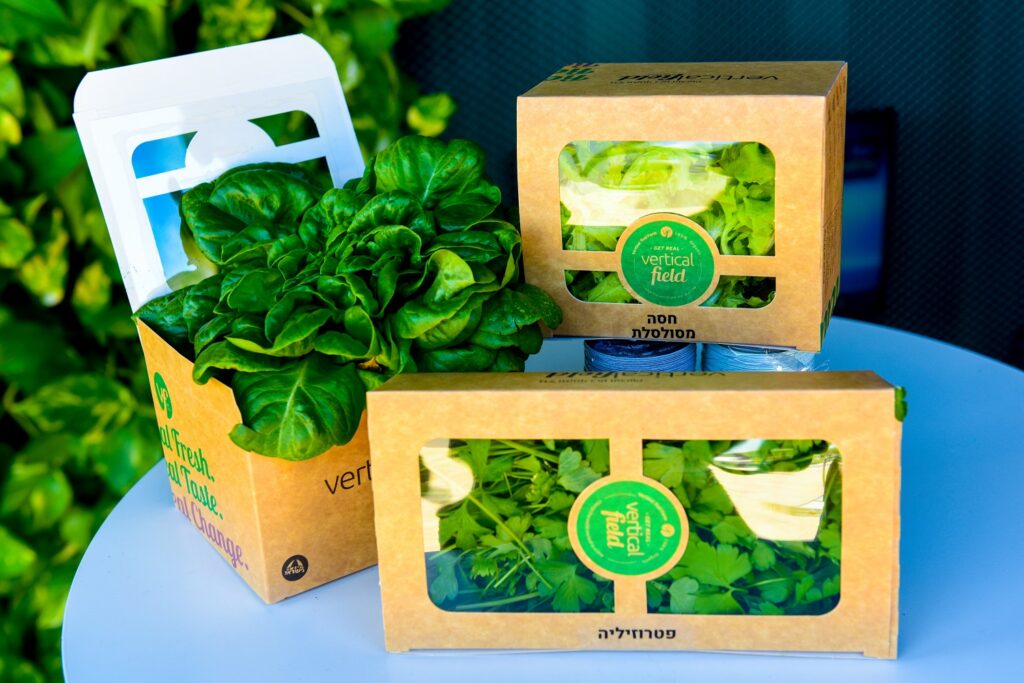
While Vertical Field will continue to expand its products in Israeli supermarkets, Elitzur says the company also has some projects in the US “with great feedback” and will be starting new projects in other countries as well.
Vertical Field also provides natural smart “living wall” solutions for urban environments and smart cities, offering vertical plants and other greeneries both indoors and outdoors.
Tech-powered farms in urban settings
The field of “urban farming” has expanded on a global level and Vertical Field isn’t the only Israeli-founded company in on the trend.
Infarm, a modular smart farm that operates on IoT and machine learning technologies to produce fresh greens sold in urban environments, was founded by Israeli-born brothers Guy and Erez Galonska and Osnat Michaeli to cultivate produce in the dead of German winter.
In just six years, the Berlin-based company is on its way to building the largest urban farming network in the world. In September, Infarm raised $170 million in a Series C funding round, the “first close” of a $200 million round, which brought its total equity and debt financing to $300 million to date.
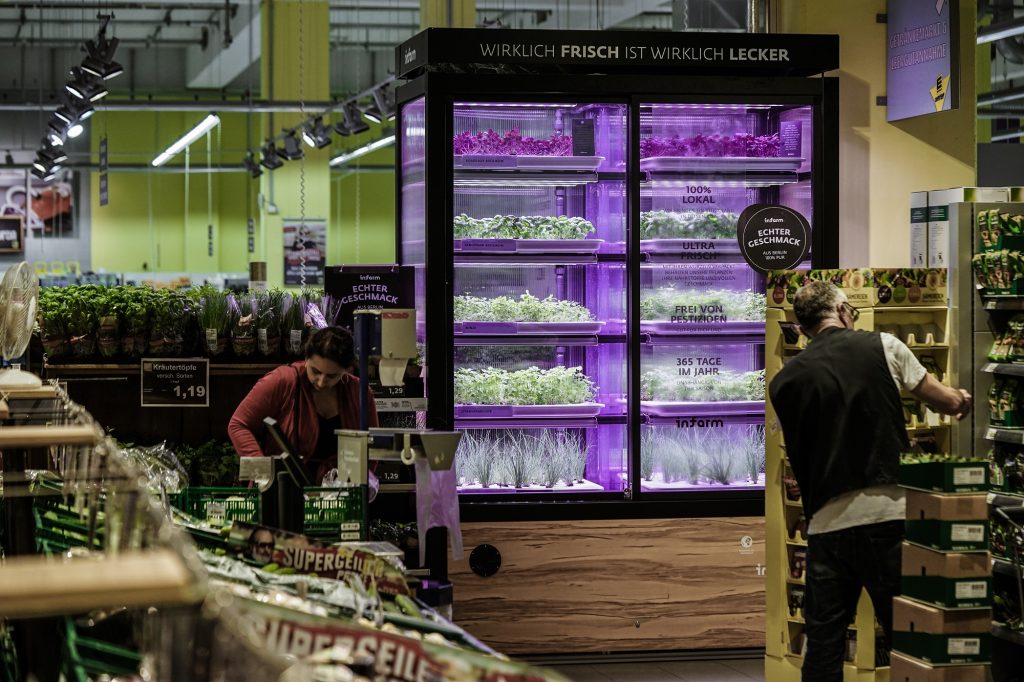
The startup’s vertical farms are located in supermarkets, distribution centers, and restaurants across the world. Their model is based on hydroponics (a method of growing plants without soil), patented modular ‘growth trays’ and energy tech. The company puts a premium on nutrition, taste, and freshness while also emphasizing an environmentally conscious approach.
SEE ALSO: Infarm’s Tech-Powered Micro Farms Deliver Fresh Produce On-Site In Urban Settings
Infarm currently operates in 10 countries and across 30 cities around the world, including in France, Switzerland, Luxembourg, the UK, Denmark, and Canada with supermarkets such as Irma (Denmark), Marks and Spencer (UK), Metro (Europe), and Edeka (Germany) to sell locally-grown vegetable products. In the US, the company is partnered with Kroger, the highest-grossing American supermarket chain. They also most recently announced a partnership with Kinokuniya in Japan.
Infarm has indicated that it wants to build the largest urban vertical farming network in the world, scaling to five million square feet in farming facilities in Europe, North America, and Asia by 2025.
Related posts

Israeli Medical Technologies That Could Change The World

Harnessing Our Own Bodies For Side Effect-Free Weight Loss

Missing Protein Could Unlock Treatment For Aggressive Lung Cancer


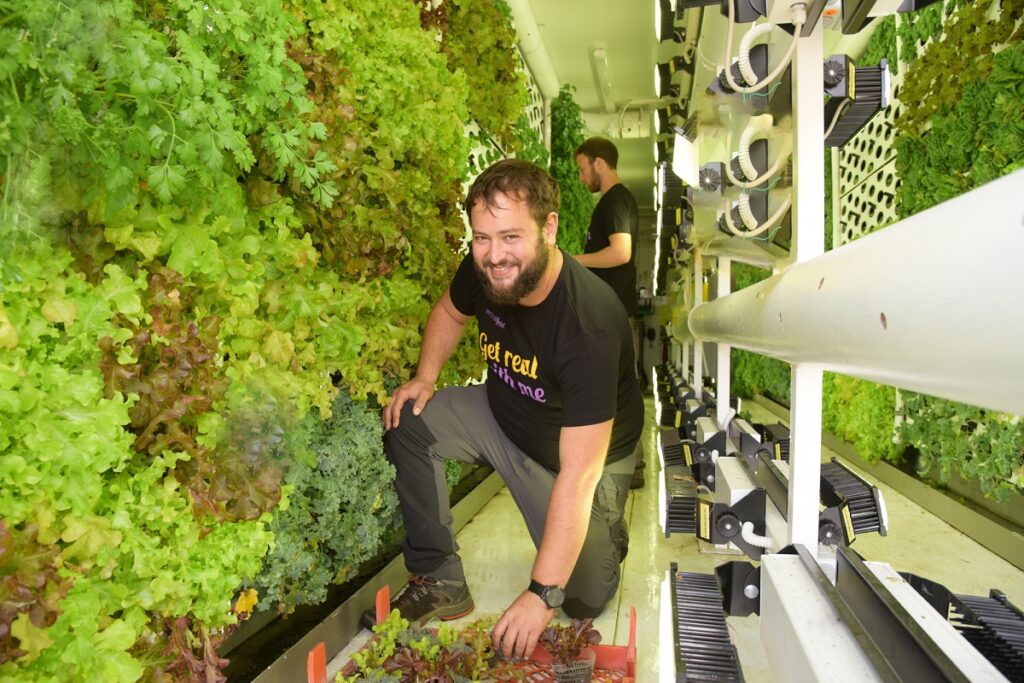

Facebook comments